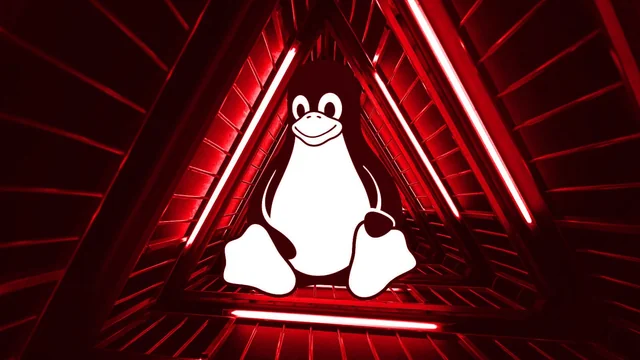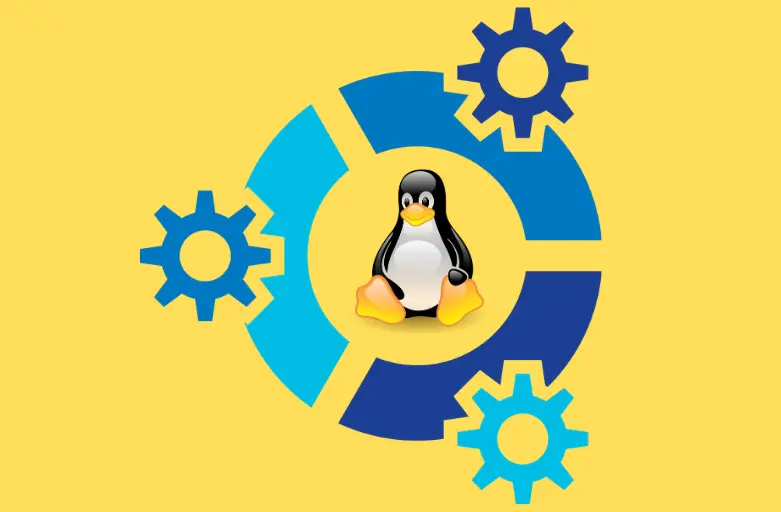15
+
YEARS OF
EXPERIENCE
1000
+
SUCCESSFUL
Projects
80
+
Satisfied
Clients

Linux remains a cornerstone for IT infrastructures worldwide, powering everything from cloud servers to critical applications. As cyber threats grow increasingly sophisticated, enhancing Linux security is crucial for organizations seeking to protect sensitive data and maintain operational integrity. This article explores essential security improvements for Linux, focusing on tools, best practices, and strategies to fortify systems against emerging vulnerabilities. Whether you manage large-scale deployments or individual servers, these insights will guide your path to a more resilient Linux environment.
Fundamental Security Improvements for Linux Systems
Linux offers an inherently robust platform, but optimal security demands deliberate enhancements tailored to specific environments. One foundational improvement is implementing strict access controls through the proper configuration of user permissions and leveraging Linux’s built-in capabilities such as Sudo and SElinux (Security-Enhanced Linux). SELinux, developed by the NSA, enforces mandatory access controls, restricting processes and users to the least privilege principle, which significantly limits the potential damage from compromised services.
In addition, the adoption of automated patch management systems is critical. Timely updates ensure that kernel and software vulnerabilities are promptly addressed, reducing the attack surface. Tools like unattended-upgrades or custom scripts integrated with configuration management platforms (e.g., Ansible, Puppet) can streamline this process, mitigating human error risks.
Other vital improvements include deploying firewall solutions such as nftables or firewalld to manage inbound and outbound traffic rigorously. Monitoring and logging through utilities like auditd enable continuous oversight, providing real-time alerts on suspicious behavior. Collectively, these measures build a layered defense model crucial for Linux security.
By integrating these foundational practices, organizations create a resilient environment that not only meets compliance requirements but also adapts dynamically to changing threat landscapes.







Advanced Security Improvements for Linux: Beyond the Basics
Securing Linux systems in enterprise environments requires going beyond basic hardening and entering a realm of advanced security strategies. Modern Linux security improvements embrace kernel-level protections, container security, and thorough intrusion detection systems (IDS) to ensure both prevention and rapid response.
One notable advancement is the utilization of Linux Security Modules (LSMs) such as AppArmor or SELinux for enforcing Mandatory Access Control (MAC) policies. These modules help isolate processes, limiting the potential blast radius of breaches. combining these with security frameworks like seccomp (secure computing mode) reduces system calls accessible to an application, minimizing vulnerabilities from exploitable kernels.
Container security is increasingly relevant as organizations adopt containerization technologies like Docker and Kubernetes. Enhancing Linux container security involves implementing namespace isolation, control groups (cgroups), and integration with vulnerability scanners such as clair or Trivy. These tools enable engineers to detect misconfigurations and vulnerabilities within container images before deployment, reducing exposure.
Advanced network security improvements also include integration with VPNs, network segmentation, and deploying Host Intrusion Prevention Systems (HIPS) such as OSSEC or Wazuh. These systems actively monitor for unexpected changes at the file system and network layers, signaling potential breaches.
While these measures provide ample benefits, challenges include the complexity of configuration and maintenance overhead. Training and maintaining skilled staff capable of managing these tools is essential to unlocking their full potential.
With the expertise of Proxar IT Consulting, your organization can navigate these complexities, deploying sophisticated Linux security improvements seamlessly while ensuring compliance with industry standards such as ISO 27001 or CIS benchmarks.

Advanced Linux security improvements are not only about deploying sophisticated tools but also ensuring continuous visibility and compliance. Regular security audits, penetration testing, and vulnerability assessments complement technical enhancements, enabling organizations to address gaps proactively. Partnering with experts who understand these evolving ecosystems is critical to maintaining a resilient Linux environment.
Case Studies Demonstrating Security Improvements for Linux in Action
Real-world implementations illustrate the tangible benefits of robust Linux security enhancements. One case involved a financial services client vulnerable to privilege escalation attacks due to outdated kernel versions and misconfigured AppArmor profiles. Proxar IT Consulting executed a comprehensive audit, followed by the deployment of fully customized SELinux policies and an automated patch management system. Within weeks, the client achieved measurable risk reduction, evidenced by zero reported security incidents in subsequent quarters.
In another example, a large e-commerce provider adopted containerized microservices but lacked visibility into container vulnerabilities. Proxar IT introduced a container security framework incorporating vulnerability scanning tools integrated with the CI/CD pipeline. This proactive approach prevented flawed images from reaching production environments, ensuring compliance with PCI-DSS requirements.
These cases underscore that security improvements for Linux are not one-size-fits-all but require tailored strategies aligned with operational needs and threat models. By leveraging Proxar IT Consulting’s expertise, organizations gain not just tools but a strategic partnership focused on lasting security outcomes.
Continuous improvement is key. Regularly revisiting security policies, integrating threat intelligence feeds, and investing in staff education empower organizations to stay ahead in the cybersecurity landscape.

answer time
satisfaction
score
on initial call
same business
day
Enhancing Your Linux security Posture: Next Steps with Proxar IT Consulting
Securing Linux systems is a dynamic challenge that calls for a balanced approach of foundational hardening, advanced controls, and continuous improvement. As we have explored, strategic security improvements-from access control and patch management to container and intrusion prevention systems-form the backbone of resilient Linux environments. Together, they reduce risk, improve visibility, and ensure regulatory compliance.
Proxar IT Consulting stands ready to guide your organization through this journey. Our tailored Linux security solutions address your unique infrastructure, scalability requirements, and risk appetite. By partnering with us, you unlock expert guidance, proven methodologies, and ongoing support designed to evolve with emerging threats and business needs.
To fortify your Linux environment and safeguard critical assets, we invite you to connect with us. Visit our contact page to explore how Proxar IT can definitely help you implement comprehensive security improvements for Linux that protect your digital future.
Contact us today and take the first step towards a more secure Linux infrastructure.

